Introduction: A Dangerous Time for Defenders
A new report has exposed a troubling trend across Asia: the criminalisation of land and environmental defenders. From legal harassment to arbitrary detention, governments and corporations are increasingly using vaguely defined laws to silence activists, particularly indigenous peoples and grassroots leaders.
This escalation represents not just a human rights issue, but a direct threat to climate justice, biodiversity conservation, and democratic space in the region.
Who Are Environmental Defenders?
Environmental and land defenders include:
- Indigenous leaders protecting ancestral forests and rivers.
- Community activists challenging mining, dams, or industrial projects.
- Journalists and content creators documenting ecological damage.
- Civil society organisations resisting extractive industries.
They are often on the frontlines of climate battles, ensuring accountability in regions where forests, wetlands, and resources are at stake.
The Pattern of Repression in Asia
1. Legal Weaponisation
- Laws on sedition, unlawful assembly, cybercrime, or national security are used to criminalise peaceful activism.
- Broadly worded provisions allow authorities to label dissent as “anti-development” or “anti-national.”
2. Arbitrary Detention and Surveillance
- Activists face harassment, surveillance, and imprisonment without fair trials.
- Digital monitoring of social media posts increasingly targets younger activists and content creators.
3. Corporate–State Nexus
- Multinational and domestic corporations involved in mining, logging, or mega-infrastructure projects often benefit from state-backed repression.
4. Targeting Indigenous Peoples
- Indigenous communities face land grabs and forced displacement.
- Their defenders are particularly vulnerable due to weak legal recognition of land rights.
Case Studies from Across Asia
- Philippines: Consistently ranked among the deadliest countries for environmental defenders.
- India: Laws such as the Unlawful Activities (Prevention) Act (UAPA) and forest clearances have been criticized for stifling dissent.
- Indonesia: Indigenous leaders opposing palm oil and mining projects face lawsuits and intimidation.
- Myanmar: Activists face military persecution for opposing dams and extractive projects.
These cases highlight a regional pattern rather than isolated incidents.
Implications for Civil Society and Press Freedom
- Chilling Effect: Journalists and creators hesitate to cover sensitive environmental issues.
- Shrinking Civic Space: NGOs face registration hurdles, funding restrictions, and censorship.
- Safety Risks: Defenders risk violence, arrest, or smear campaigns.
For content creators—including digital media outlets like Sarhind Times—this underscores the need to be well-sourced, cautious, and rights-based in coverage.
The Climate Justice Dimension
Silencing defenders doesn’t just hurt individuals—it undermines global climate goals:
- Forests and wetlands under threat are key carbon sinks.
- Displacement of indigenous peoples erodes traditional ecological knowledge.
- Unchecked extractive projects worsen emissions and biodiversity loss.
Thus, the crackdown is not only about rights but also about the planet’s survival.
International Response and Accountability
- UN Special Rapporteurs have repeatedly called for protection of defenders.
- Global Witness reports highlight Asia as a hotspot of repression.
- International climate finance and corporate due diligence must include human rights safeguards.
The Way Forward
For Governments:
- Strengthen legal protection of defenders.
- Ensure free, prior, and informed consent (FPIC) for projects affecting indigenous lands.
- End misuse of national security laws against activists.
For Civil Society:
- Build coalitions across borders to resist repression.
- Use digital platforms to document and amplify voices safely.
For International Partners:
- Tie climate finance to human rights standards.
- Pressure corporations to adhere to ESG principles beyond tokenism.
Conclusion: Defending the Defenders
The repression of environmental defenders in Asia is not just a human rights violation—it is a climate emergency and a democratic crisis.
If civil society voices are silenced, unchecked extractive projects will accelerate environmental collapse. Protecting defenders means protecting our forests, rivers, communities, and future generations.
Asia’s governments, corporations, and international partners face a stark choice: continue enabling repression, or stand up for those who stand up for the planet.
#DefendTheDefenders #ClimateJustice #HumanRights #FreeSpeech #SarhindTimes #AsiaEnvironment #IndigenousRights #PressFreedom
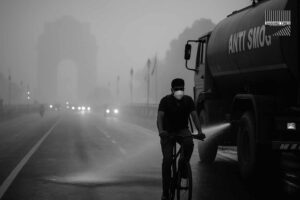
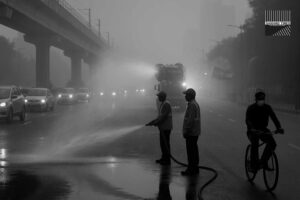


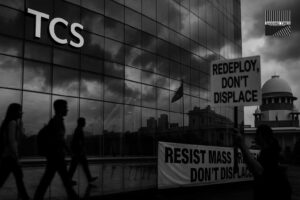


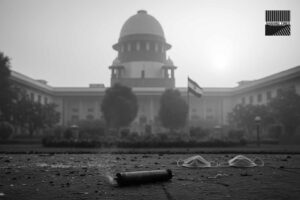
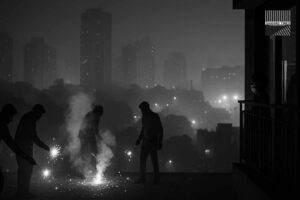


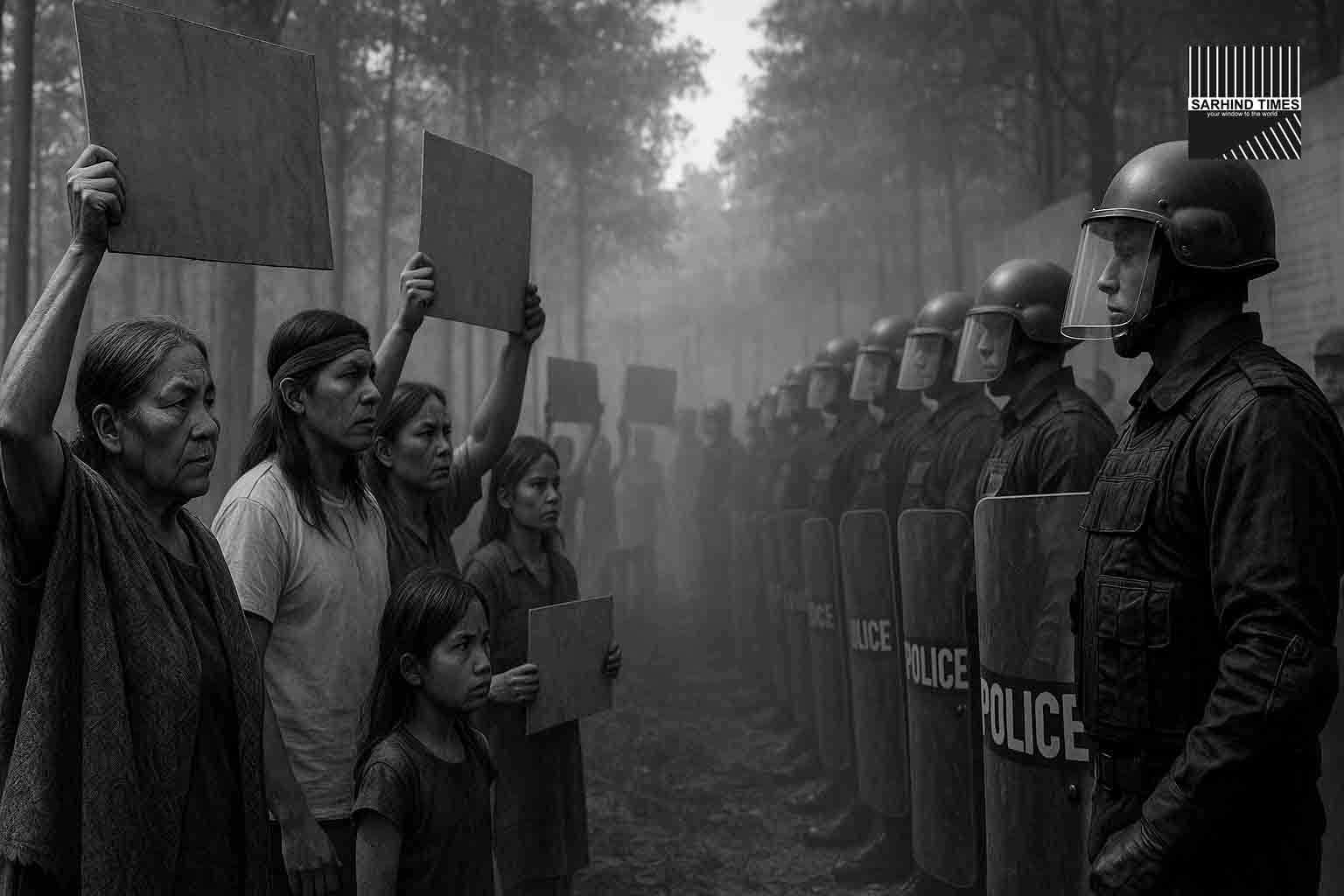
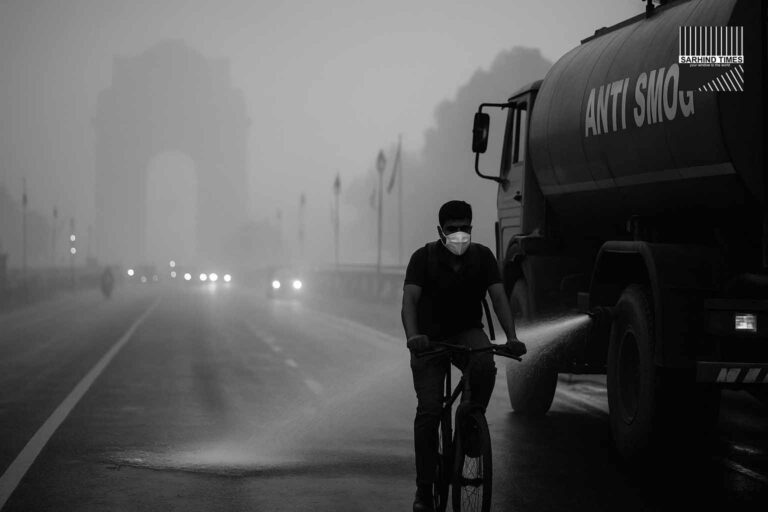
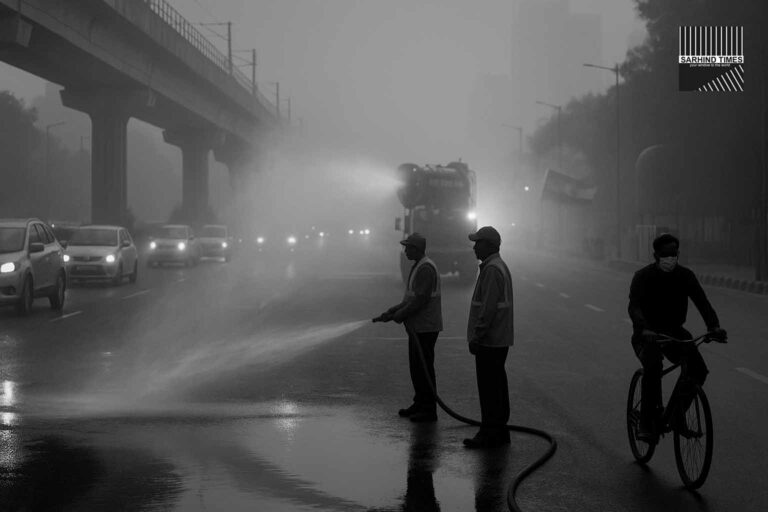
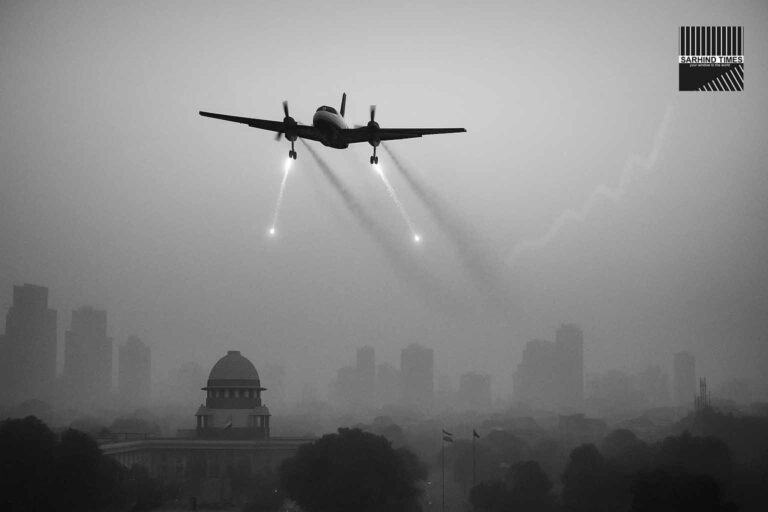


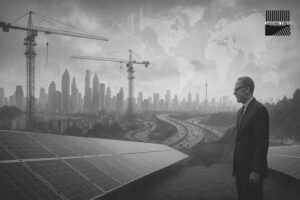

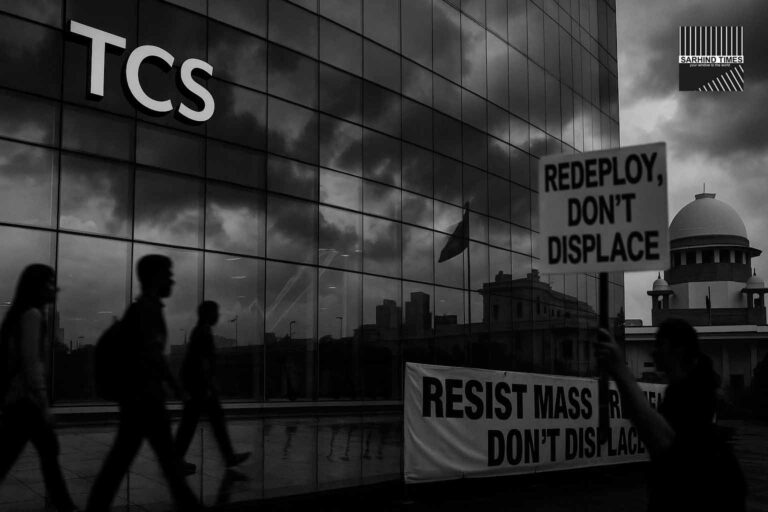
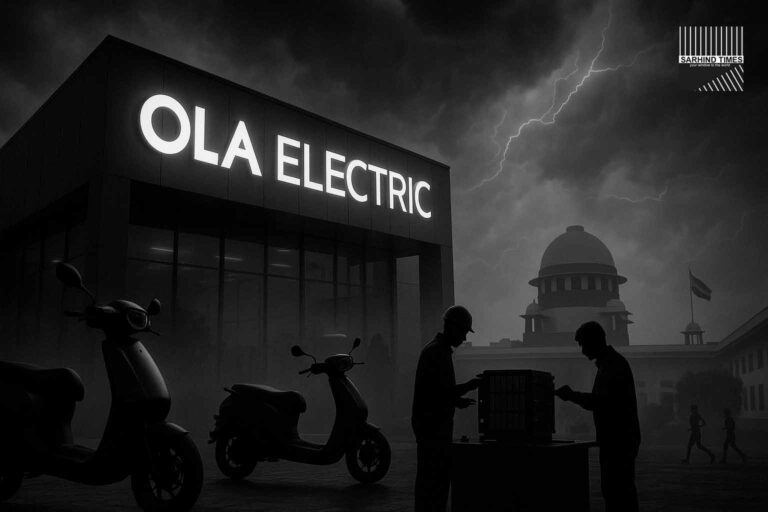
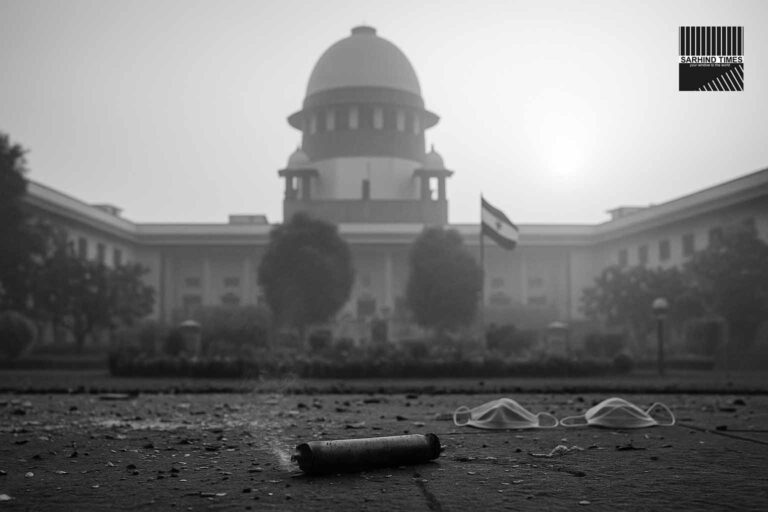
+ There are no comments
Add yours